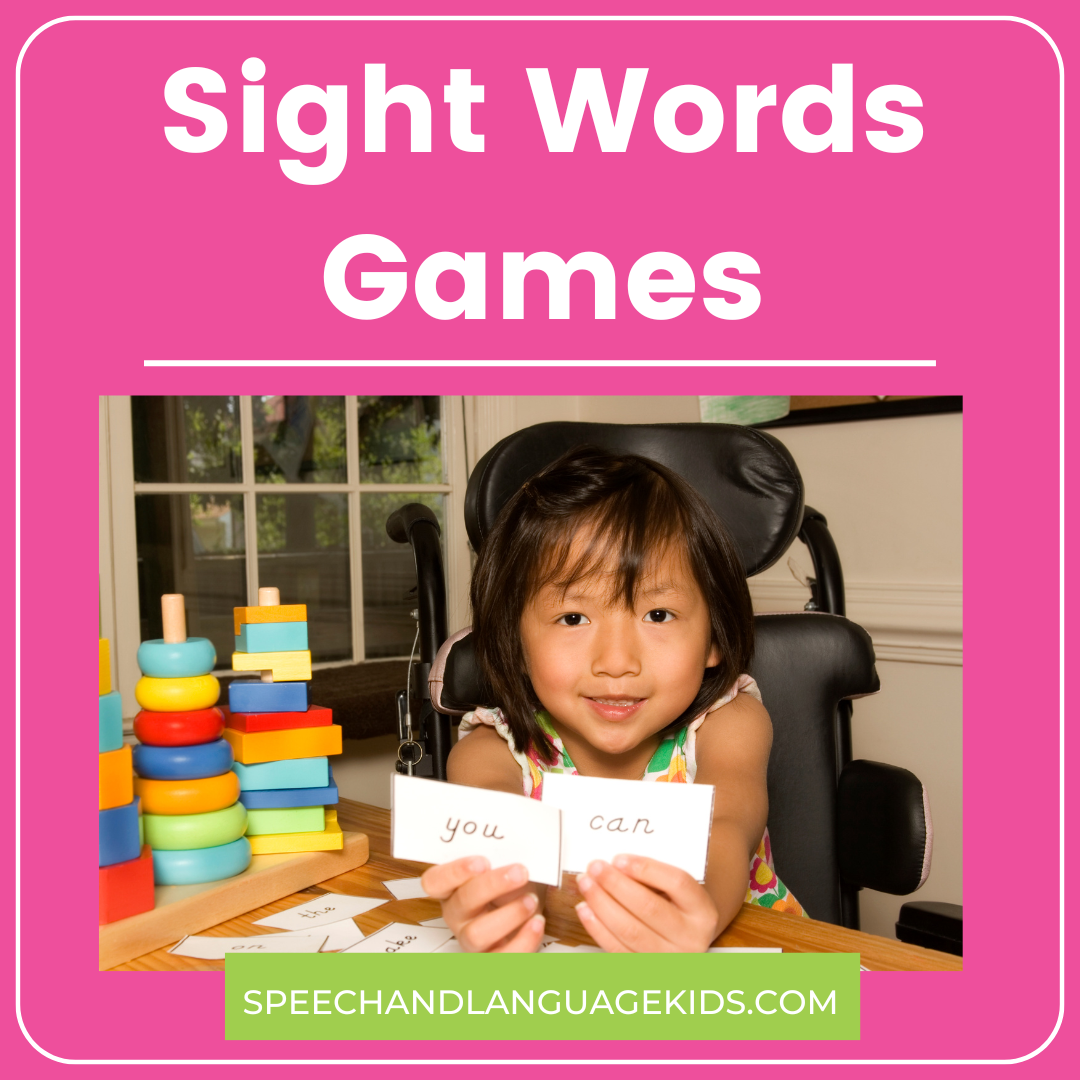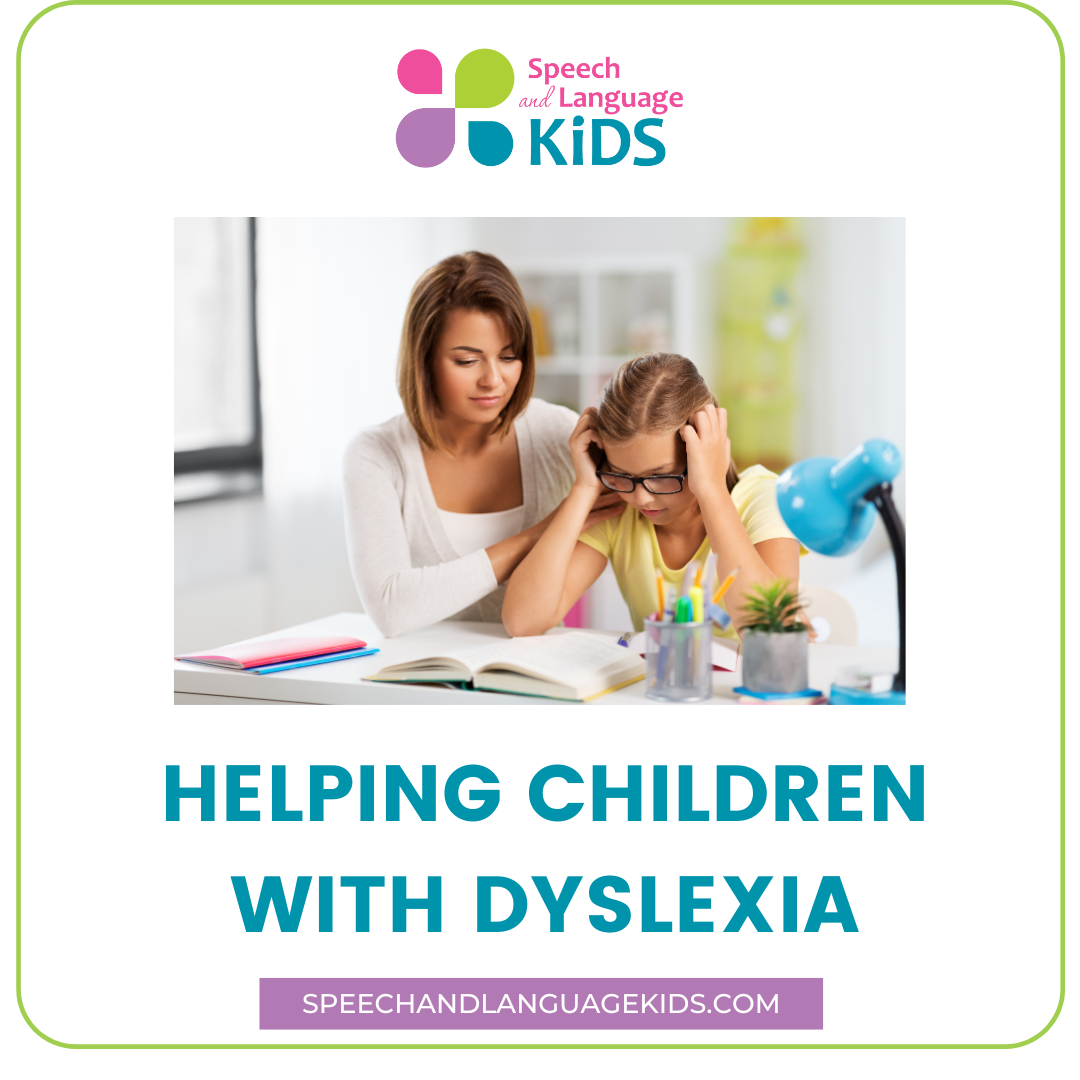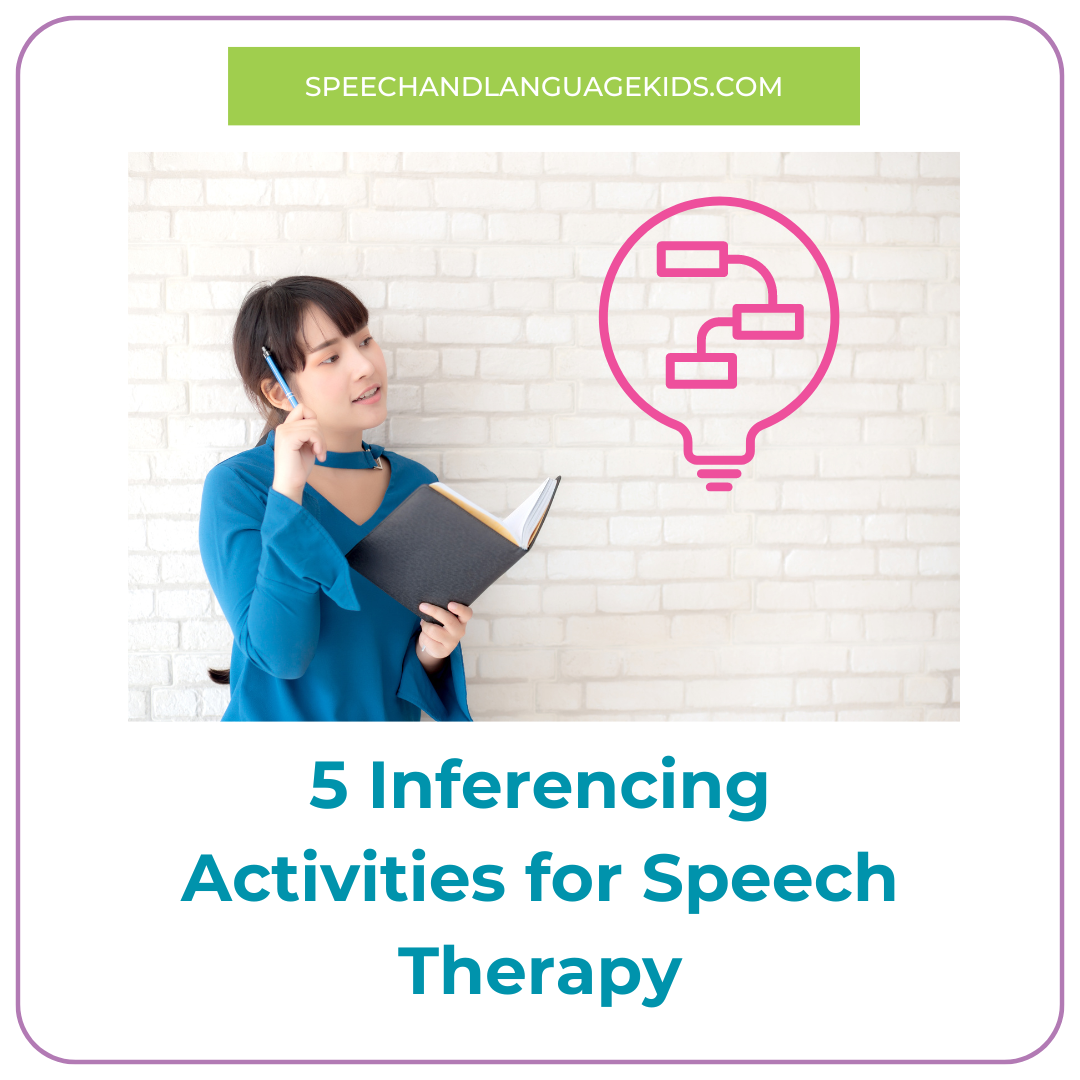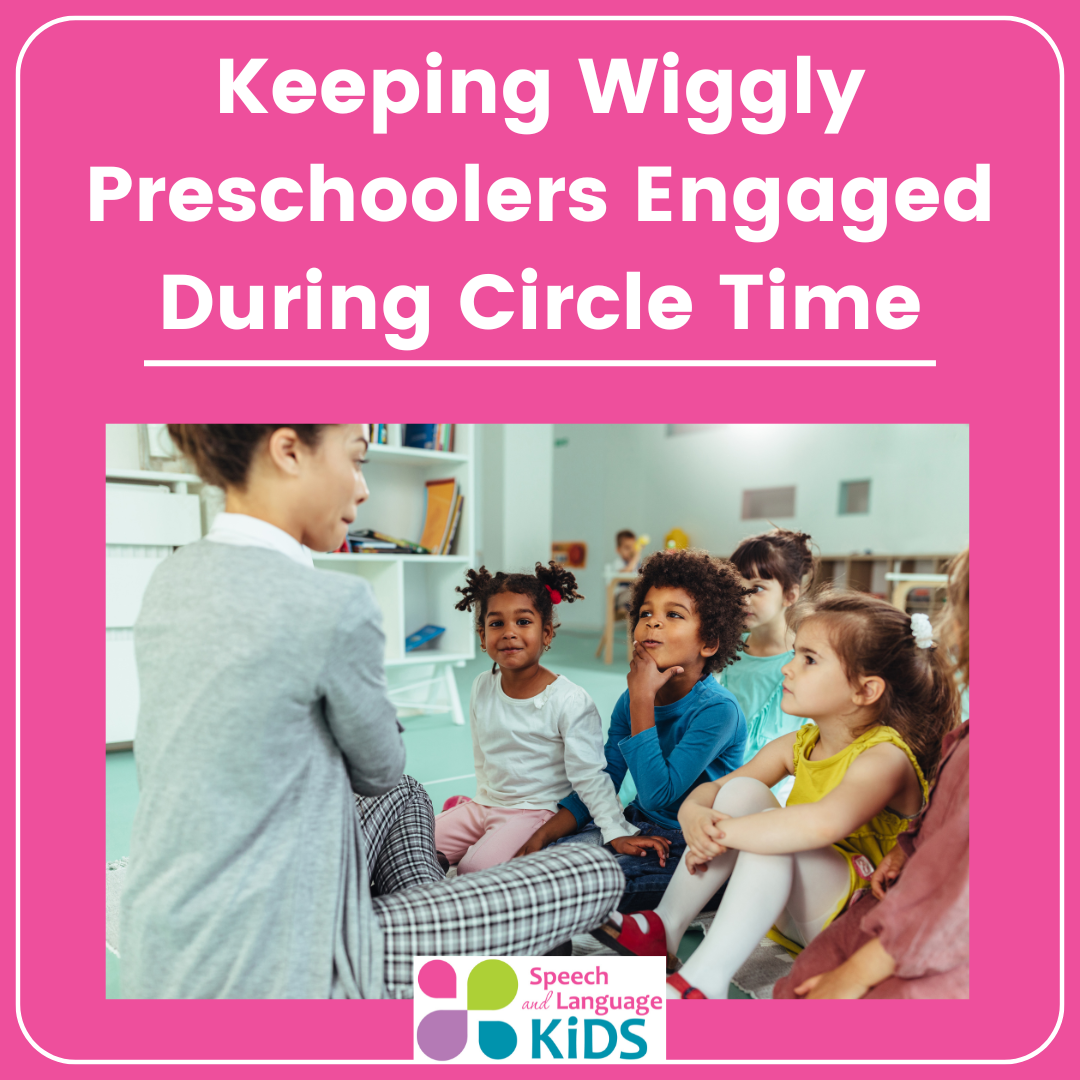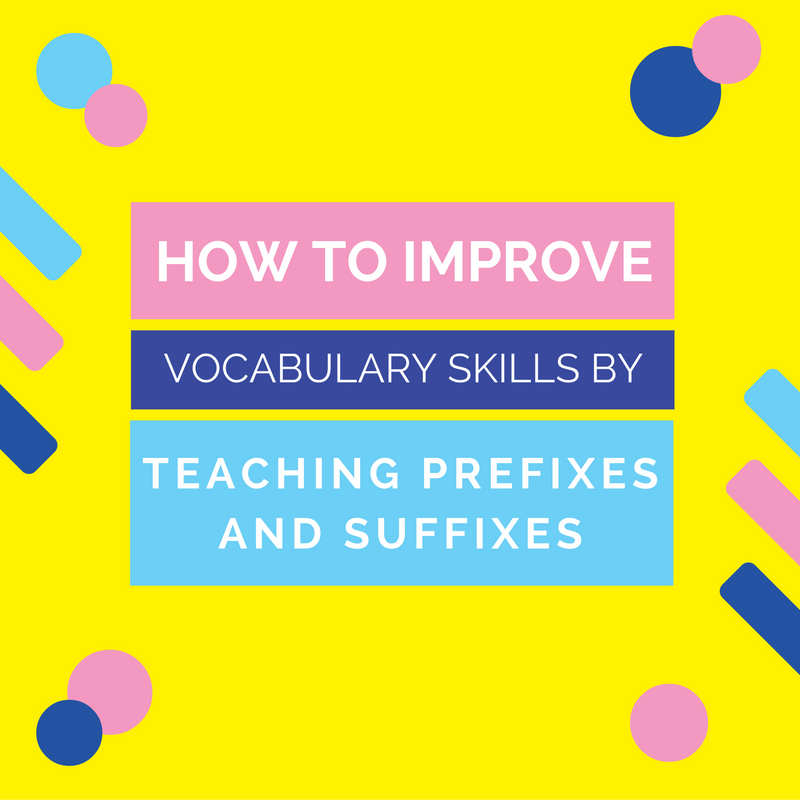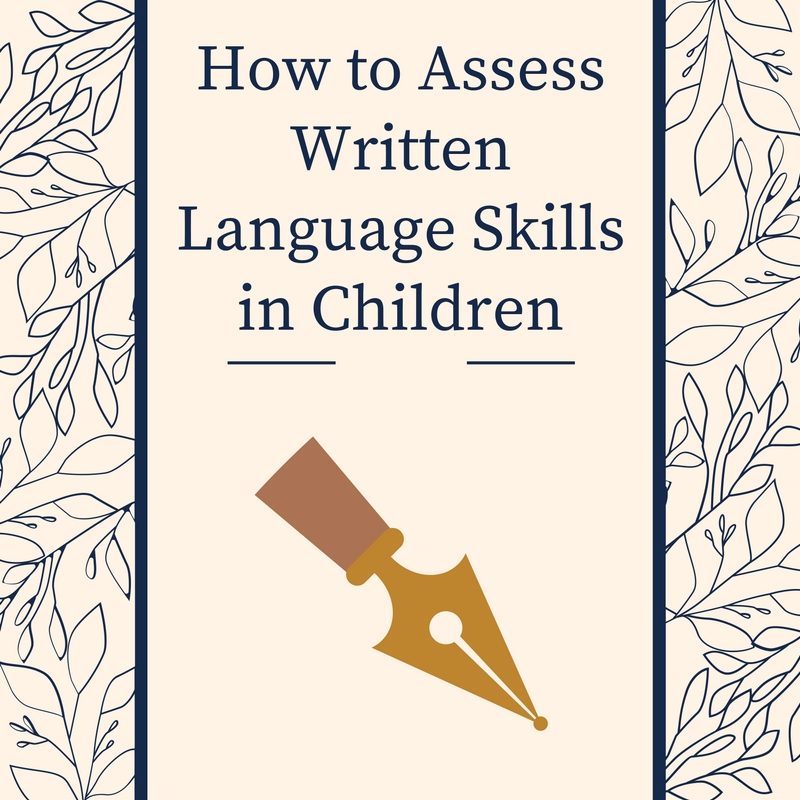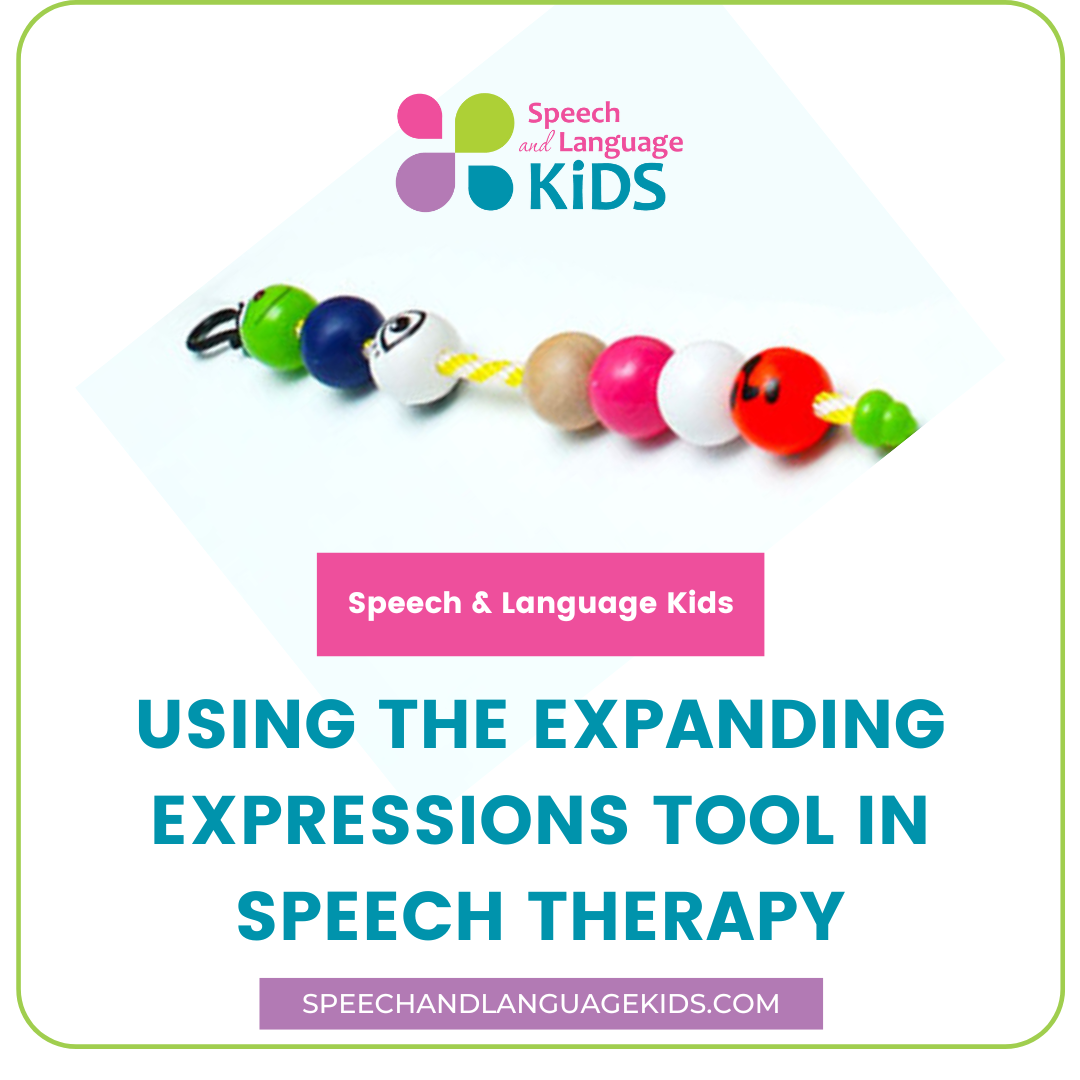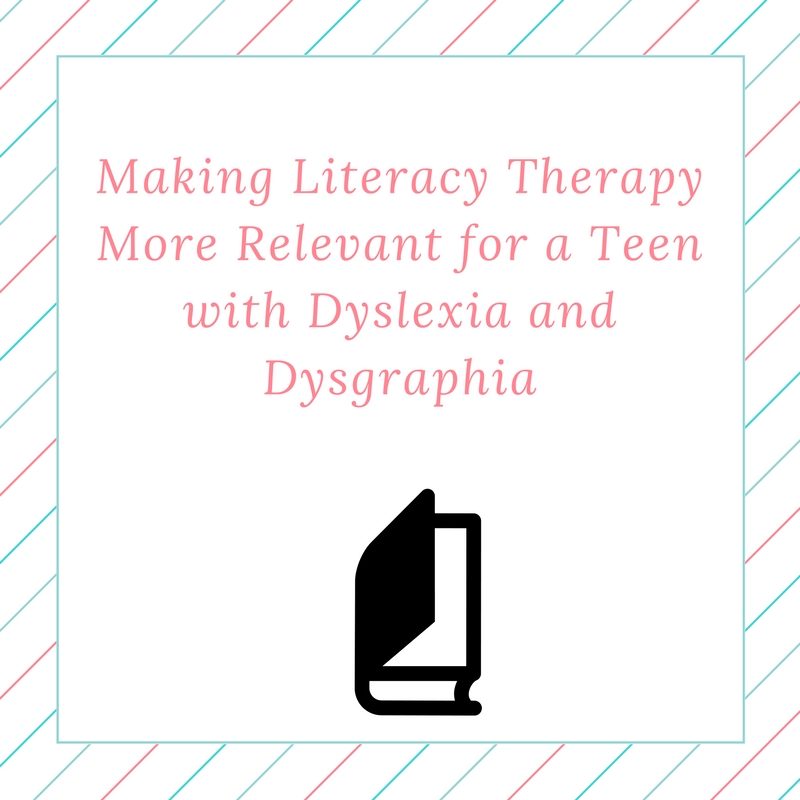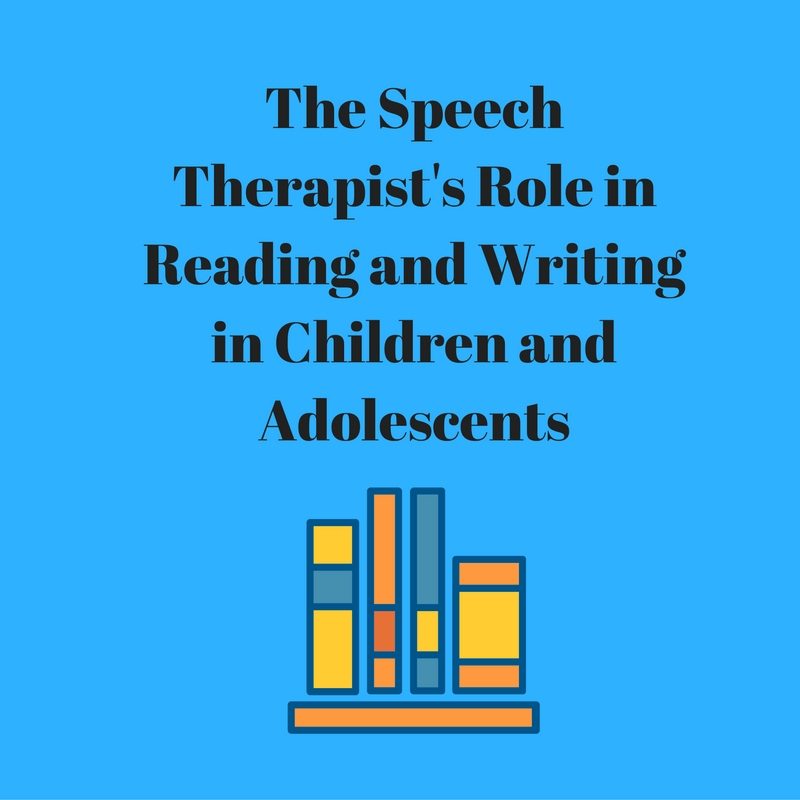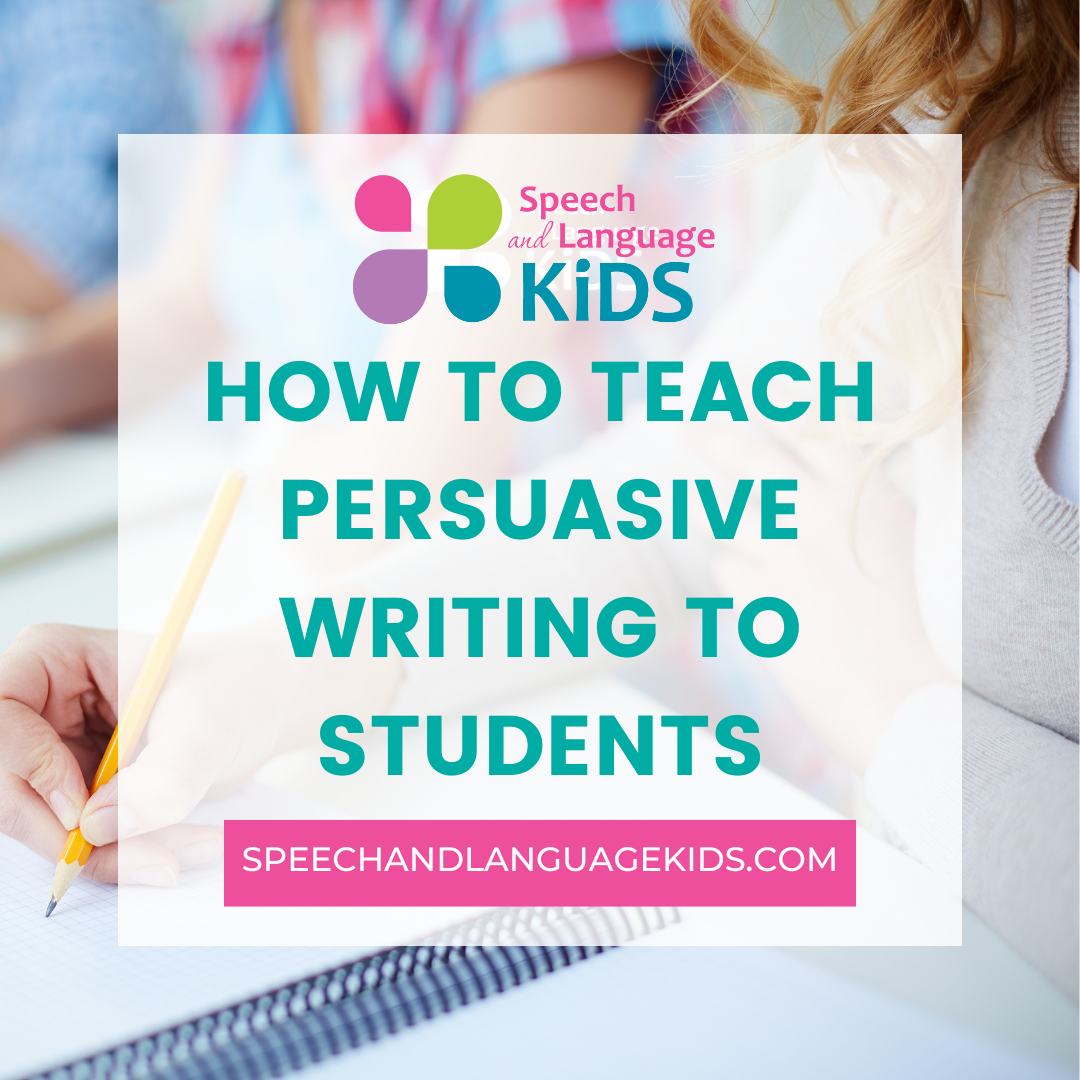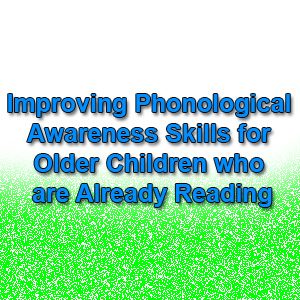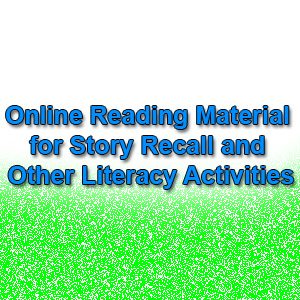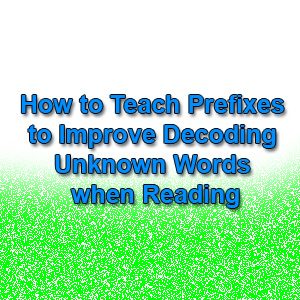What is Literacy?
Literacy refers to any reading or writing skills. Children with speech and language delays often have difficulty with literacy skills as well. Children who have difficulty pronouncing or understanding certain speech sounds may have difficulty with reading and writing those sounds as well. This can lead to trouble decoding and sounding out words. Children with language delays may not fully understand all parts of language, such as grammar, syntax, vocabulary, etc. This can lead to problems understanding text or putting one’s ideas into writing in a logical manner.
How can we Improve Literacy?
There are two ways to go about improving literacy in children. The first method is to improve underlying speech and language problems. For example, working on correct production and use of speech sounds will help when sounding out or spelling words. Or, working on grammar will help a child use those grammatical markers correctly in reading and writing as well. Here are some links that will help you improve the underlying speech and language skills that may be impacting literacy skills:
Expressive Language Resource Page
Receptive Language Resource Page
The second way to improve literacy skills is to teach and practice reading and writing skills directly. I recommend using a combination of both approaches. Therapy for these children should target fixing the underlying speech and language problems while also working on those same skills in actual reading and writing activities. This will help those children generalize the skills more quickly and be able to use them in writing and reading more quickly. For example, if you are working on a certain speech sound in therapy, you should also help the child practice reading and writing that sound in different words. Or, if you’re working on a grammatical structure, you can practice reading or writing sentences that contain that structure.
How to Teach a Child Any New Skill By Fading Supports
How Should I Read to Children?
Reading to children is one of the most important things you can do to improve that child’s language skills. Read to children early and often, every day if you can! Here are some tips on how to read to a child so that he or she will get the most out of it:
How to Work on Pre-Reading Skills/Phonological Awareness:
Before children are ready to read, write, and spell, they develop phonological awareness skills. These skills help them understand how words are made up of sounds and sounds are represented by letters. These skills are essential for reading and are often impaired in children with speech disorders, especially phonological disorders. Find out what phonological awareness skills are and how to teach them here:
The Ultimate Guide to Phonological Awareness and Pre-Reading Skills
What is Reading Comprehension?
Reading comprehension refers to how well a child is able to understand what they are reading or what they hear when they are read aloud to. A great way to check reading comprehension is to ask questions during or after a book-reading activity. Here is a great resource on helping a child learn to answer questions:
Asking and Answering Questions Resource Page
If you find after asking questions about reading activities that the child is not understanding or retaining as much as you would like, there are strategies and activities you can do to improve reading comprehension:
How to Improve Reading Comprehension
What is Reading Fluency?
Reading fluency refers to how smoothly a child is able to read words. If the child stops between each word and has to spend time sounding each one out, they do not read very fluently. In order to be a fluent reader, one must be able to decode words quickly and use correct intonation and pausing to indicate sentences, phrases, etc. Children who are able to read fluently and smoothly are able to comprehend what they are reading more easily. Reading fluency is a critical skill for literacy success. Here are some ways to improve it:
How to Improve Reading Fluency
Figurative Language
Figurative language is a fun way to make the language we speak and write more exciting. You can use similes and metaphors to compare or describe things in an unusual way or you can use an idiom to say one thing but mean something else. These types of figurative language are often used in literature that your child will read and can be used by children to make their writing more exciting.
Click Here to Learn about Teaching Figurative Language
Making Inferences
Children with language delays often have difficulty making inferences about what’s going on around them or when they are reading. Click the link below to learn more about helping a child make inferences:
How to Motivate Children to Read
Creating fun challenges is a great way to motivate children to get reading. The more a child reads, the better he or she will get. Here’s a link to my March Madness reading challenge as an example:
March Madness Reading Challenge
Themed Activities that Contain Literacy Components
These fun themed speech and language activities all have a part of them that focuses on literacy skills:
Bug-Themed Speech and Language Skills
Popsicle Stick Speech and Language Activities
Mother’s Day Activities for Speech and Language
Outdoor Activities for Speech and Language (Podcast)
Arbor Day Activities for Speech and Language
Restaurant Activities for Speech and Language
Easter Speech Therapy Activities
Spring Activities for Speech and Language (Podcast)
Spring Cleaning Activities for Speech and Language
Dress-Up Games for Speech and Language
Car-Ride Activities for Speech and Language
Winter Clothes-Themed Activities
Pumpkin Activities for Speech and Language
Printed, Downloadable Materials that Work on Literacy
Where Does it Go Spatial Concepts Game: Targets reading and understanding spatial concepts
Brown Bear, Brown Bear Story Prop: Use along with the book Brown Bear, Brown Bear What Do You See? to improve reading comprehension and expand on what the child read.
Road Trip Speech and Language BINGO: Adapt this game for literacy by using written words and targeting certain written vocabulary
Dyslexia and Speech Therapy:
The term dyslexia is used to describe a person’s difficulty reading printed words even though he/she has normal intelligence and received appropriate reading instruction.
I Want More!
To get more great information about literacy and other speech and language problems, sign up for my mailing list. I promise to keep your email safe and only use it to send you incredibly valuable stuff:

